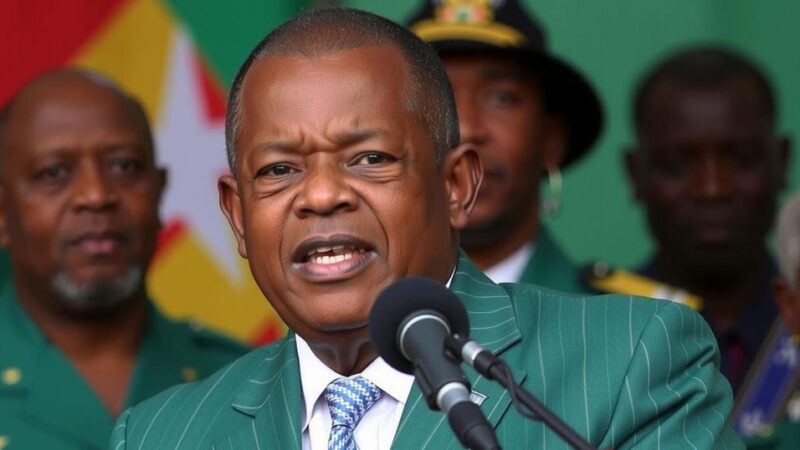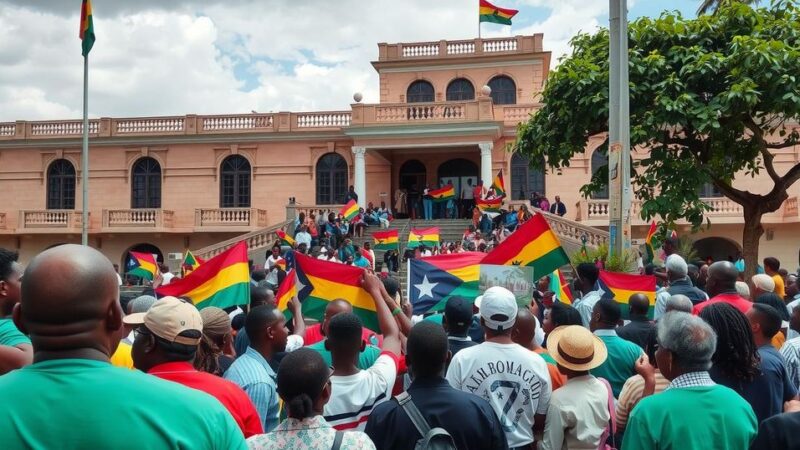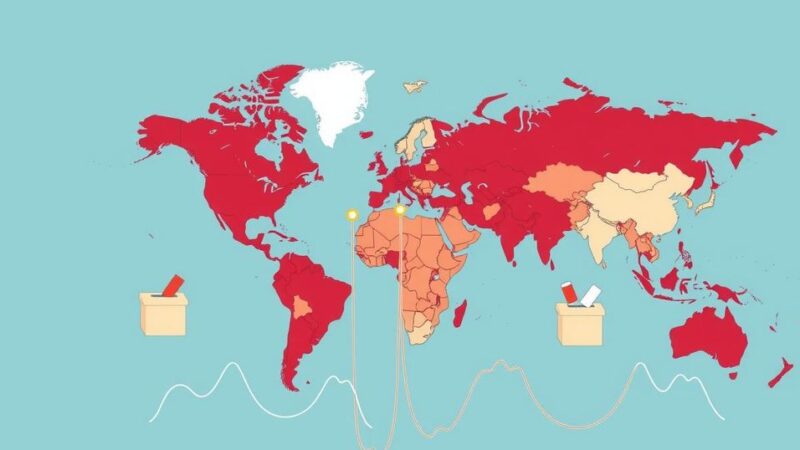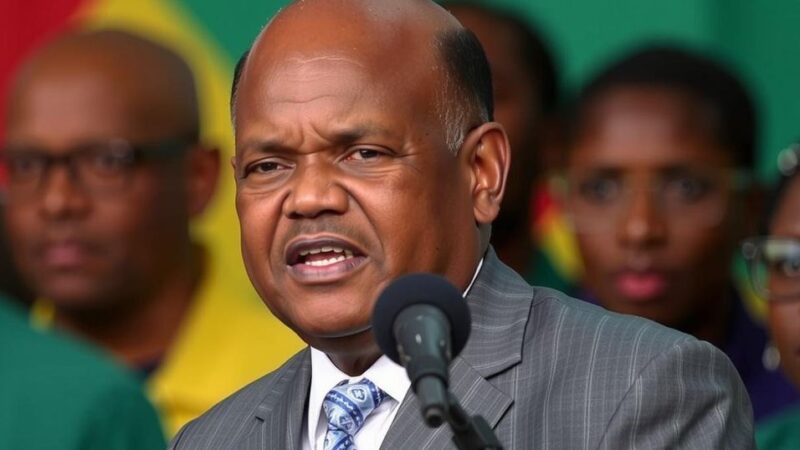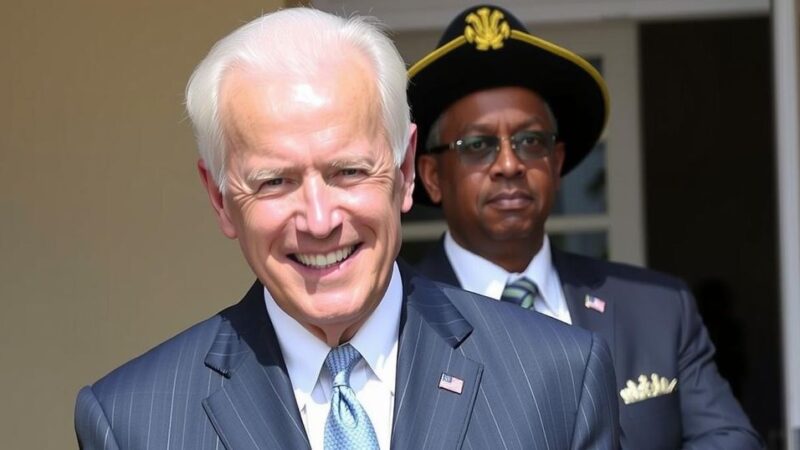The Dominican Republic has announced a plan to deport 10,000 undocumented Haitians weekly to address migration issues stemming from Haiti’s instability. This measure, commencing immediately, aims to manage excessive migrant populations while ensuring human rights protocols. President Luis Abinader has taken a strong approach to migration since taking office in 2020, further emphasizing the need for international responsibility in stabilizing Haiti.
On October 2, 2023, the Dominican Republic officially announced its new initiative to deport 10,000 undocumented Haitians per week, in a decisive move aimed at curtailing irregular migration from Haiti, which continues to grapple with instability and gang violence. Presidential spokesman Homero Figueroa elaborated on the initiative’s purpose, stating, “This operation aims to reduce the excessive migrant populations detected in Dominican communities,” and emphasized that deportations would commence immediately and adhere to strict human rights protocols. The Dominican government cited the lack of prompt international action in stabilizing Haiti as a significant factor prompting this plan. In response to the escalating crisis, a United Nations-approved security force led by Kenya has begun to establish a presence in Haiti to restore order. President Luis Abinader remarked on the situation, urging the international community by stating, “We warned at the United Nations that either it and all the countries that had committed themselves act responsibly in Haiti, or we will.” President Abinader has maintained a stringent approach towards Haitian migration since his election in 2020. His administration previously constructed a 164-kilometer (approximately 102-mile) concrete barrier along the border and pledged to extend this barrier following his re-election in May 2023. Furthermore, the Dominican Republic has significantly increased deportations, recording the expulsion of 250,000 undocumented Haitian migrants throughout 2023 alone.
The Dominican Republic shares the island of Hispaniola with Haiti, which has been enduring severe sociopolitical challenges, including pervasive gang violence and widespread poverty. The ongoing instability in Haiti has driven many Haitians to seek refuge and better opportunities in neighboring countries, especially the Dominican Republic. As the Dominican government grapples with the ramifications of an influx of migrants, it has intensified its efforts to manage migration through strict enforcement measures, including the construction of barriers and increased deportations. Recent international efforts to address the crisis in Haiti have been criticized for their delay, prompting the Dominican Republic to take unilateral action to safeguard its national interests and uphold public order.
In conclusion, the Dominican Republic’s newly announced plan to deport 10,000 undocumented Haitians weekly forms part of a broader strategy to address the challenges posed by mass migration resulting from Haiti’s ongoing turmoil. While the government emphasizes adherence to human rights during the deportation process, this action underscores the urgent need for a comprehensive international response to the crisis in Haiti. President Abinader’s administration continues to adopt a robust stance against undocumented migration, reflecting both national security concerns and humanitarian challenges.
Original Source: www.lemonde.fr


